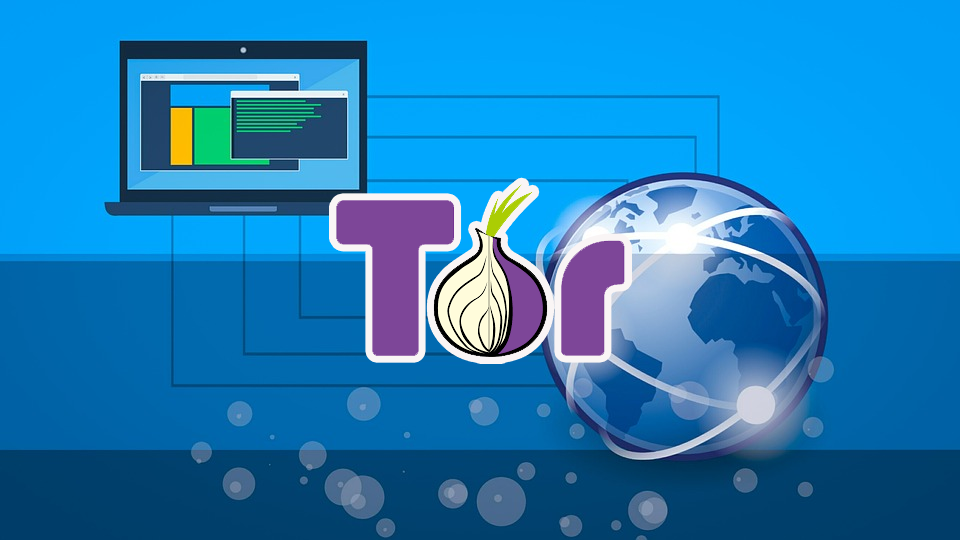Avaya Support Employee Sold Pirated Licenses
The US Department of Justice said three people, including a former Avaya customer service employee, have been charged with selling pirated software licenses.
The defendants managed to “earn” about $88 million selling licenses for Avaya products.Let me remind you that we also talked about the Former Amazon Employee Found Guilty of Hacking Capital One and Stealing Data from 100 Million People, and also that Operator of the proxy botnet Russian2015 pleaded guilty.
Law enforcers say that the fraudsters were engaged in the sale of software licenses to the American company Avaya, which, among other things, developed the IP Office system for small and medium-sized businesses.
Avaya IP Office was a cloud-based, on-premise product for collaboration and conferencing, IP calling, voicemail, and email. This solution was discontinued in 2020 and replaced by Avaya Cloud Office, but many companies around the world continue to use IP Office.
Avaya offered tiered licenses for IP Office: for example, to add telephones to IP Office and enable features such as voicemail, customers need to purchase a license from an Avaya reseller or distributor. Such licenses are generated by the provider.
Pierce sold these licenses to former Avaya Authorized Reseller Jason Hines, 42, of New Jersey, and others, who then resold them to resellers and customers around the world. Pearce’s wife, 44-year-old Dusti O. Pearce, is also charged with managing the finances and maintaining all of the accounting for the scam.
Pierce is now accused of using his administrative rights to illegally access the internal accounts of former Avaya employees and create additional license keys. Investigators believe that he covered his tracks for years, replacing information in other people’s accounts.
The aforementioned Jason Hines purchased Avaya software from the Piers under various aliases, including Joe Brown, Chad Johnson, and Justin Albaum, and then resold it to customers.
The Justice Department says the trio built their business on reselling license keys at a significantly lower price than Avaya. Proceeds from the illegal trade in pirated licenses were transferred to various bank accounts through a PayPal account and under a false name.
The FBI is said to have traced these funds to numerous investment and bank accounts, which the defendants used to purchase everything from gold and cryptocurrencies to real estate.





